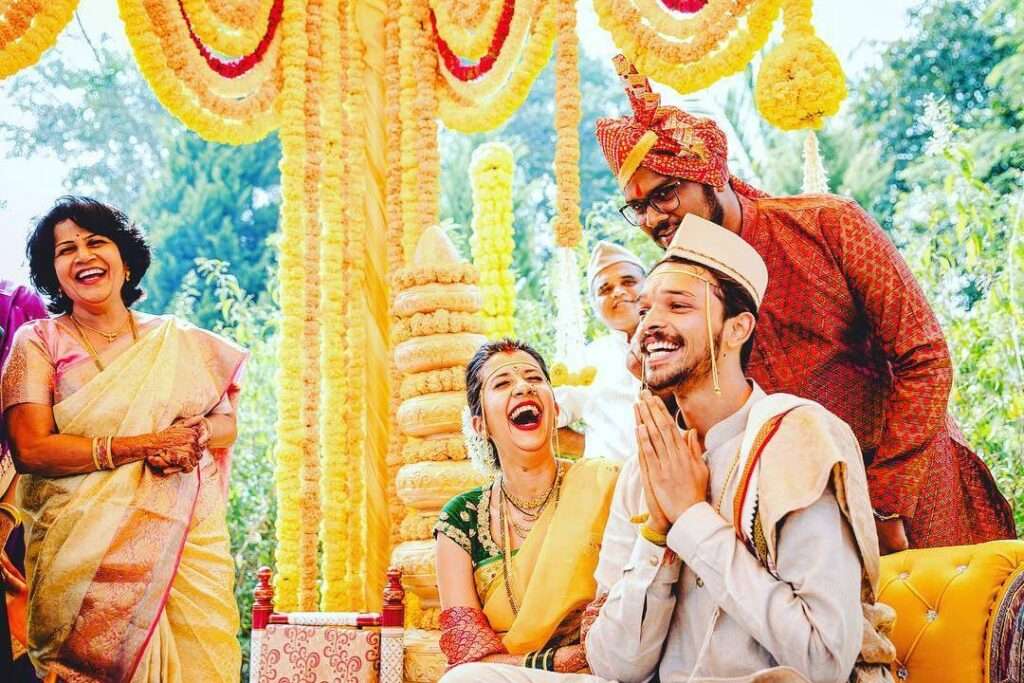In response to the tragic dowry-related death of Vaishnavi Hagawane, the Maratha community in Maharashtra has introduced a significant social reform—an official wedding code of conduct. The guidelines, aimed at curbing the extravagant wedding culture and eradicating the age-old dowry system, have been announced by community leaders in Pune. The code emphasizes simplicity in marriage ceremonies, a strict prohibition on dowry, and a strong stance on social boycotts against those who engage in harassment or financial exploitation.
The dowry death of 22-year-old Vaishnavi Hagawane, who belonged to the Maratha community, sparked outrage across Maharashtra. Vaishnavi’s death, reportedly caused by constant harassment for dowry from her in-laws, prompted widespread discussions on the need for immediate societal intervention. In response, leaders of the Maratha Kranti Morcha and several affiliated organizations have decided to formalize a wedding code of conduct to prevent such tragedies in the future.
The new code includes the following key directives:
- Simple Wedding Ceremonies: Community members are urged to avoid lavish wedding celebrations, expensive decorations, and unnecessary rituals that create financial burdens.
- Zero-Tolerance on Dowry: The code strictly prohibits the demand, acceptance, or offering of dowry in any form. Violations will be met with community-led actions, including public condemnation and social boycott.
- No Display of Wealth: Use of luxury cars, gold jewelry, and flashy wedding processions will be discouraged. Families are encouraged to conduct modest functions within their means.
- Support for Women’s Rights: Special emphasis has been placed on protecting women from domestic abuse and dowry harassment. The community vows to support legal actions against offenders and assist victims in seeking justice.
Leaders announced that marriage registration under this code will be encouraged, and names of compliant families will be published on public forums. Non-compliance, especially in cases involving dowry or harassment, could result in a social boycott—a traditional and powerful method of community accountability in rural and semi-urban Maharashtra.
Several social activists and women’s rights organizations have lauded the move as a much-needed cultural shift. “This code of conduct is a step in the right direction. It sends a clear message that dowry is not just illegal but socially unacceptable,” said advocate Manisha Takle, a women’s rights lawyer based in Pune.
Conclusion:
The Maratha community’s introduction of a formal wedding code of conduct marks a bold and progressive response to the alarming rise in dowry-related crimes. By promoting simple weddings, rejecting dowry practices, and enforcing social boycotts on offenders, the community has set a precedent for self-regulation and societal reform. While the implementation and long-term impact of the code remain to be seen, it undeniably reignites a vital conversation on gender justice, cultural responsibility, and the collective role of communities in shaping a more equitable society.



